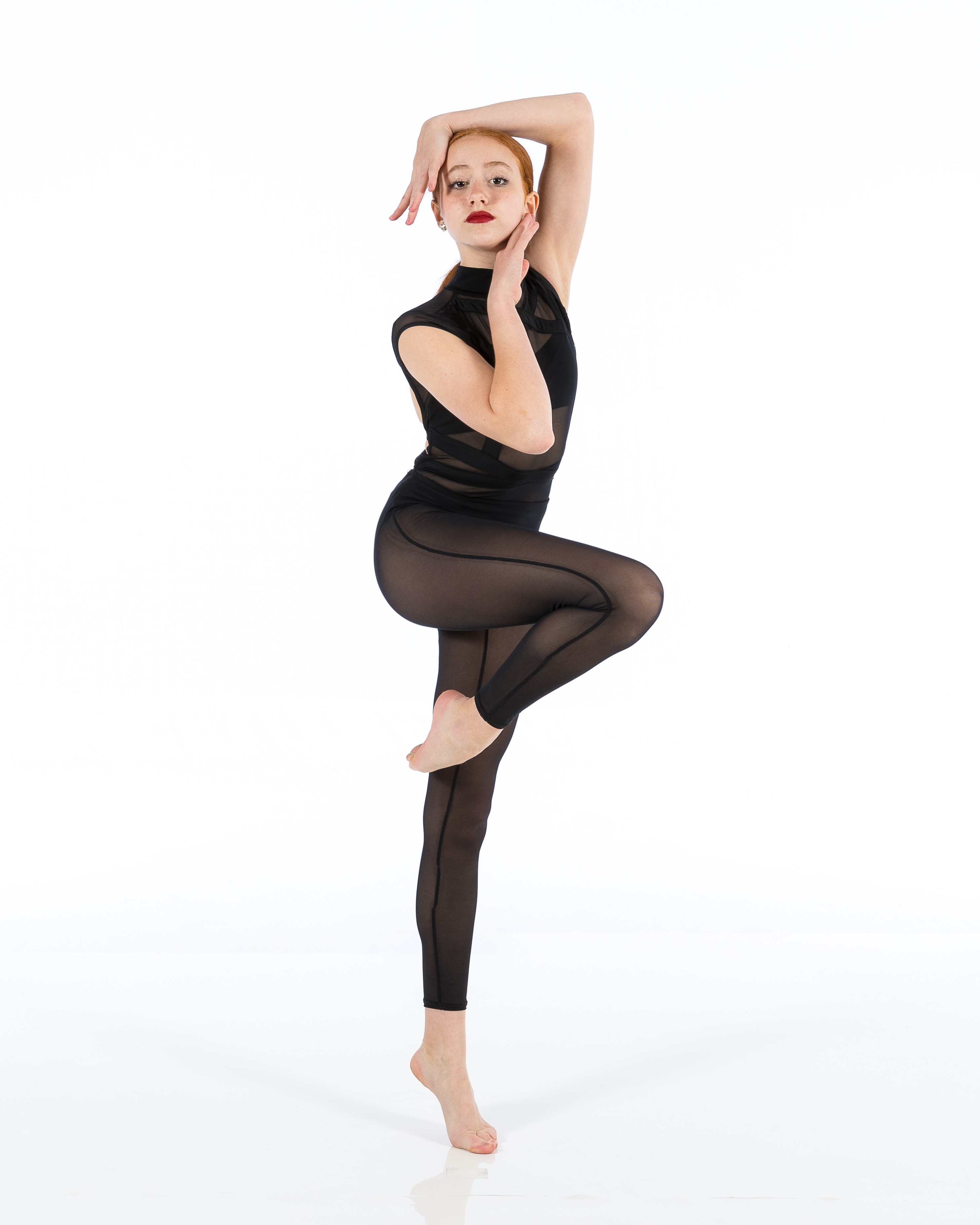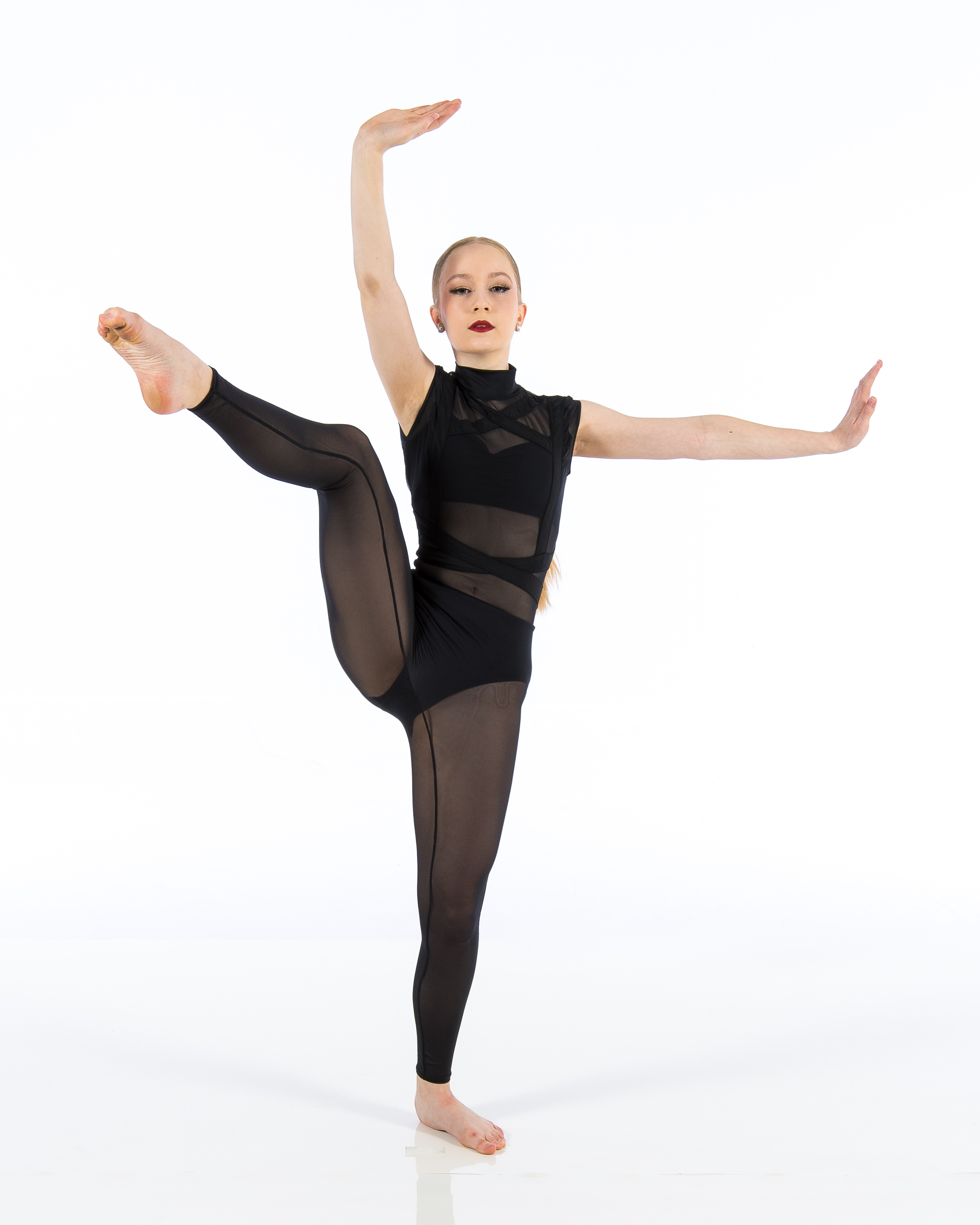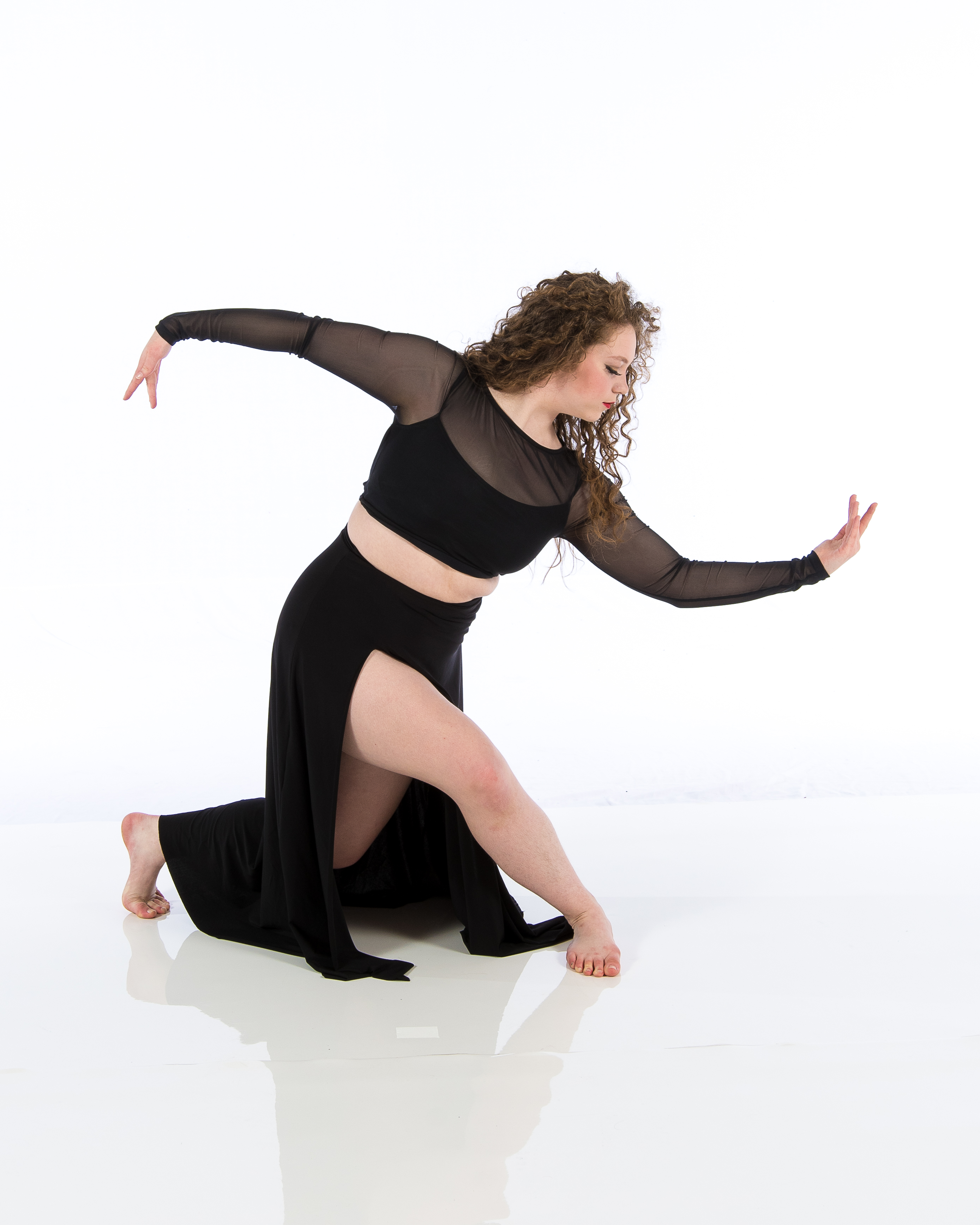Introduction
Stepping into a dance studio for the very first time is an exhilarating experience, one that can mix an alcoholic drink of emotions-- excitement, nervousness, expectancy. Whether you're an experienced dancer or simply starting your trip, comprehending the nuances of dance studio decorum can raise your experience Dance Studio and improve your partnerships with instructors and fellow dancers alike. In this thorough guide, we'll dive deep into Mastering Dance Studio Decorum: Crucial Tips for Beginners and Pros Alike

From basic policies to innovative factors to consider, this post will cover whatever you need to find out about browsing the dynamic world of dancing studios. So tighten up those shoe laces and let's obtain started!
The Value of Dance Studio Etiquette
Why Rules Issues in Dance Studios?
In any type of imaginative environment, rules plays a critical function in keeping harmony and regard among participants. Dancing workshops are no exception. Great rules promotes a positive atmosphere where creative thinking can flourish.
- Respect: Being thoughtful in the direction of trainers and fellow dancers develops common respect. Focus: Proper behavior reduces diversions, permitting everybody to concentrate on learning. Community: Etiquette assists create a supportive community that urges growth and camaraderie.
Common False impressions About Dance Studio Etiquette
Many beginners hold false impressions about what constitutes appropriate actions in dance studios. Let's disprove some myths:
- Myth 1: "Just innovative professional dancers need to adhere to rules." Fact: Etiquette is important for all degrees; it mirrors professionalism. Myth 2: "Teachers are also stringent about regulations." Fact: Trainers impose regulations to maintain order and respect.
Basic Dance Studio Etiquette for Beginners
Dress Code: What to Wear?
First impressions matter! The ideal attire not only shows your dedication however additionally improves your performance. Below's just how to clothe properly:

- Comfort: Select clothes that enable cost-free movement. Footwear: Buy good-quality shoes fit to your dance style.
|Dance Design|Suggested Attire|| -------------|-------------------------|| Ballet|Leotard, leggings, ballet slippers|| Hip-Hop|Baggy clothing, sneakers|| Faucet|Comfortable clothing, tap shoes|
Arriving on schedule: Punctuality is Key!
Being late can interrupt the entire course. Objective to arrive at the very least 10 minutes early to:
- Warm up. Settle in mentally.
Tip: If you're running late because of unanticipated scenarios, inform the trainer beforehand.
Quiet Zone: Keeping Silence Prior To Class
Dance studios thrive on emphasis. Keep conversations to a minimum before course starts to make certain every person can prepare mentally.
Intermediate Dance Studio Decorum: Structure Relationships
Respecting Personal Area in Class
Every professional dancer deserves their area during practice. Prevent crowding others while practicing relocations or routines.
Why It Issues: Valuing personal space promotes convenience and facilitates much better knowing experiences.
Listening Proactively Throughout Instructions
When a trainer is speaking, it's vital to take note. Energetic paying attention shows regard and helps you realize essential concepts.

How To Show Energetic Paying attention:
Maintain eye call with the instructor. Nod when appropriate. Ask clarifying inquiries if needed.Advanced Dance Studio Decorum: Elevating Your Experience
Providing Constructive Feedback Wisely
As you expand more skilled, sharing responses becomes part of the society. However, approach this delicately:
Focus on particular activities instead of general critique. Offer ideas just if gotten by peers.
Encouraging Others: Building Neighborhood Spirit
Support your other dancers with support:
- Compliment their efforts genuinely. Celebrate their achievements openly.
Mastering Dance Studio Decorum: Crucial Tips for Beginners and Pros Alike-- The Teachers' Perspective
Understanding Instructor Expectations
Instructors normally have certain assumptions concerning actions in class. Familiarizing on your own with these can substantially enhance your understanding experience:
Listen diligently when they speak. Follow directions precisely. Give your best effort during every session.Building Rapport with Your Instructor
Establishing an excellent relationship with teachers can be valuable for your growth as a dancer:
- Ask inquiries connected to choreography or method after class. Thank them for their advice post-class; gratitude goes a lengthy way!
Handling Problem Gracefully in the Dance Studio Environment
Dealing with Disagreements Among Peers
Conflicts may emerge within any team setting; understanding how to manage them beautifully is vital:
Approach the individual independently without escalating tension. Use "I" statements instead of "you" statements (e.g., "I felt forgotten when ...").Addressing Issues with Teachers Professionally
If you have issues pertaining to guideline or classroom dynamics:
Request an exclusive meeting after course hours. Express your sensations constructively focusing on solutions as opposed to complaints.The Role of Non-Verbal Interaction in Dance Studios
Understanding Body movement Signals
Dance naturally involves non-verbal communication; comprehending how body language features in this context is necessary:
Positive body movement (e.g., open posture) cultivates connection. Negative signals (gone across arms) might share defensiveness or disengagement.Using Eye Call Effectively Throughout Classes
Maintaining eye call with instructors conveys listening while likewise aiding develop relationship among peers during group performances!
FAQs
Q1: What need to I wear for my first dance class?
A1: Select comfortable garments that permits complimentary motion-- yoga exercise trousers or tights paired with an equipped top works well!
Q2: Is it all right to miss out on classes occasionally?
A2: Life happens! Inform your trainer in advance preferably; they'll value your consideration.
Q3: Exactly how do I deal with sensation timid around various other dancers?
A3: Start small-- present on your own individually before expanding communications gradually as experience grows!
Q4: Can I bring buddies along to observe classes?
A4: Many workshops prefer prior setups; get in touch with monitoring first so they understand additional attendees!
Q5: What if I differ with a trainer's feedback?
A5: Approach them pleasantly post-class; share feelings utilizing "I" statements focusing on positive dialogue instead of confrontation!
Q6: Ought to I take part in efficiencies also if I'm new?
A6: Absolutely! Taking part increases confidence-- speak out pertaining to any type of hesitations so accommodations can be made accordingly!
Conclusion
Mastering dance studio decorum isn't almost complying with regulations; it has to do with growing an enhancing atmosphere where everyone really feels valued and influenced-- whether you're simply starting or refining advanced techniques as an experienced pro! By sticking very closely to these vital pointers outlined right here under Mastering Dance Studio Etiquette: Essential Tips for Beginners and Pros Alike, not only will you boost your own experience but likewise contribute positively towards supporting a welcoming neighborhood within each dance studio you elegance with your existence! So take these insights onward into every workshop room you go into-- and let the rhythm carry you towards excellence!